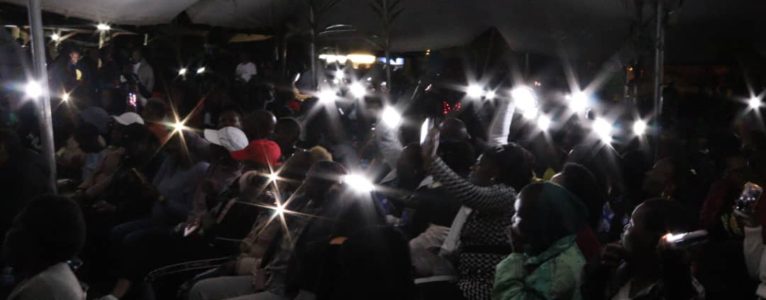In preparation for the event, a comprehensive clean-up campaign was organized across all four regions of the country. This campaign aimed to promote the event and encourage participation from all stakeholders, including schools. The event was hosted by Eswatini Electricity Company (EEC), and sustainability was a top priority during the proceedings.

To ensure that the event was environmentally friendly, Malandela’s Green Team took charge of waste management. They categorized waste into recyclable, non-recyclable, and compostable materials, and emphasized the importance of recycling and sustainable practices throughout the event. This initiative was a great success and attracted stakeholders from all over the country, including enterprises, banks, the Ministry of Housing and Urban Development, and the Eswatini Energy Regulatory Authority (EERA).

All these stakeholders were keen on advocating for sustainability through all platforms. During the event, PELUM received a great platform to talk about their green initiatives, indigenous seeds, and trees. They emphasized the importance of sustainable living and its impact on both the environment and human life.

Overall, this event was an excellent showcase of how individuals and organizations can come together to promote sustainability. The stakeholders’ commitment to environmental conservation was evident, and the initiative taken by Malandela’s Green Team was a significant step towards promoting sustainable practices.


